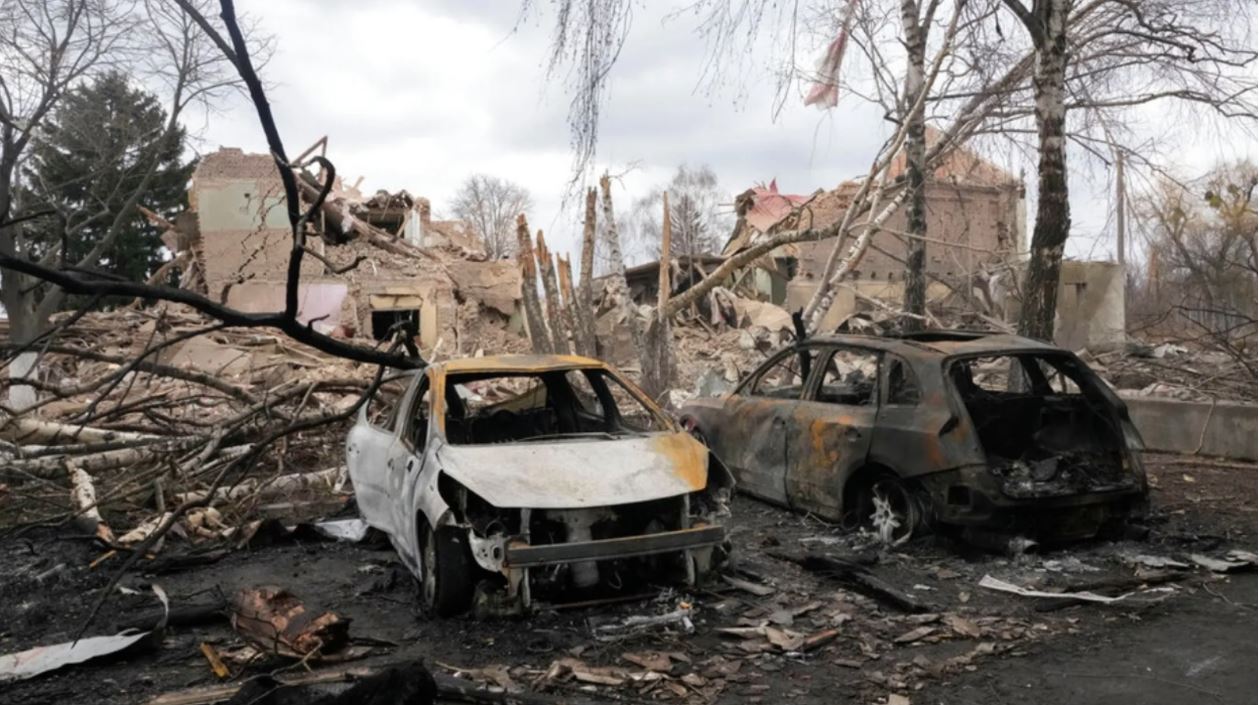
Luke 6:22 “Blessed are you when people hate you and when they exclude you and revile you and spurn your name as evil, on account of the Son of Man!
Important Takeaways:
- United In Hatred: UN Chooses To Commemorate Israel’s Founding As A ‘Catastrophe’
- Late last year the United Nations passed a resolution mocking and condemning the God of Abraham, Isaac, and Jacob. Their action derided the Old and New Testaments, including the clear teaching of Jesus. How did they do this? In a 90 to 30 vote with 47 abstentions, they passed a resolution calling the founding of modern Israel a “catastrophe.”
- Let that soak in. God kept His promise. A nation was born in a day. He brought His people back into the land that He gave them so long ago. And the UN now chooses to commemorate that miracle as a “catastrophe.”
- In 2023, Israel celebrates its 75th anniversary. By the Gregorian calendar, Israel declared its independence on May 14, 1948. The official celebration in Israel will follow the Jewish calendar and go from sundown April 25th to sundown April 26th. That means we can celebrate twice — with Israel in April, then according to our calendar on May 14th.
- But the United Nations has decided that it will make the next day, May 15th, a day of lament and of calls for vengeance against Jews. That’s what happens every Nakba. That’s what Nakba is. They say that the rebirth of Israel was a “catastrophe” primarily because of what happened to the Palestinian people who left that land during those days.
- They don’t mention that Israel was founded in accordance with UN resolutions. They don’t mention that tragedies such as the holocaust made it obvious that the Jews needed their own homeland. Great Britain, the holder of that land, agreed to give it Israel. They don’t mention that Arab nations fooled masses of people into going to “Palestine” just prior to 1948 by promising them land and prosperity. Neither do they say that these people were declared “refugees” even though they had not been in the land long enough to qualify for refugee status according to previous UN rules.
Read the original article by clicking here.











